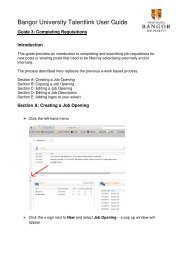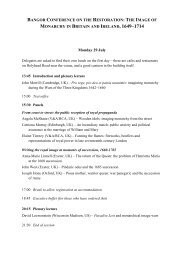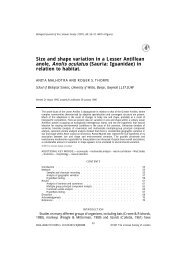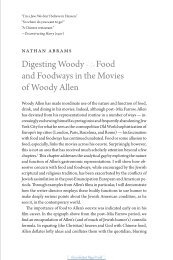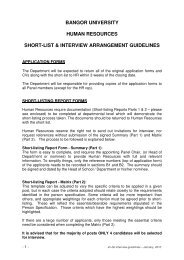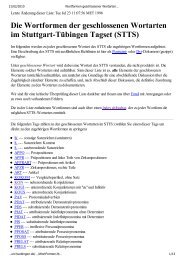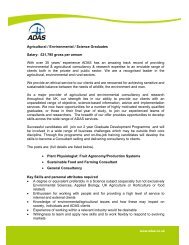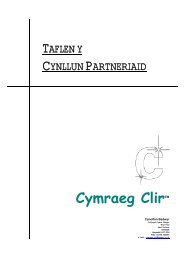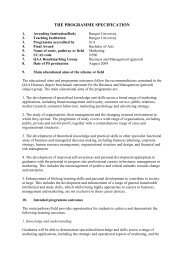Overuse-underuse on syntactic annotation of Falko
Overuse-underuse on syntactic annotation of Falko
Overuse-underuse on syntactic annotation of Falko
Create successful ePaper yourself
Turn your PDF publications into a flip-book with our unique Google optimized e-Paper software.
<str<strong>on</strong>g>underuse</str<strong>on</strong>g> <strong>of</strong> adverbs<br />
• further research shows that<br />
– the pos tag ADV is not fine-grained enough:<br />
ADV should be divided into different <strong>syntactic</strong><br />
classes<br />
– these classes show different distributi<strong>on</strong>s<br />
– <strong>on</strong>ly some <strong>of</strong> these classes are <str<strong>on</strong>g>underuse</str<strong>on</strong>g>d by<br />
the learners<br />
• Hirschmann (2011, in preparati<strong>on</strong>)<br />
31<br />
strength <strong>of</strong> <str<strong>on</strong>g>underuse</str<strong>on</strong>g> <strong>of</strong> different<br />
<strong>syntactic</strong> ADV classes<br />
1<br />
1,1<br />
1,2<br />
1,3<br />
1,4<br />
1,5<br />
1,6<br />
1,7<br />
1,8<br />
1,9<br />
2<br />
PTK ADVV ADVS PTKM<br />
PTK: particles (sehr gut - very good)<br />
ADVV: modal adverbs (Bald schneit es – So<strong>on</strong> it will snow)<br />
ADVS: sentence adverbs (Bestimmt schneit es bald – Certainly, it will snow so<strong>on</strong>)<br />
PTKM: modal particles (Es schneit wohl gerade – It is ?apparently? snowing now)<br />
32<br />
12



